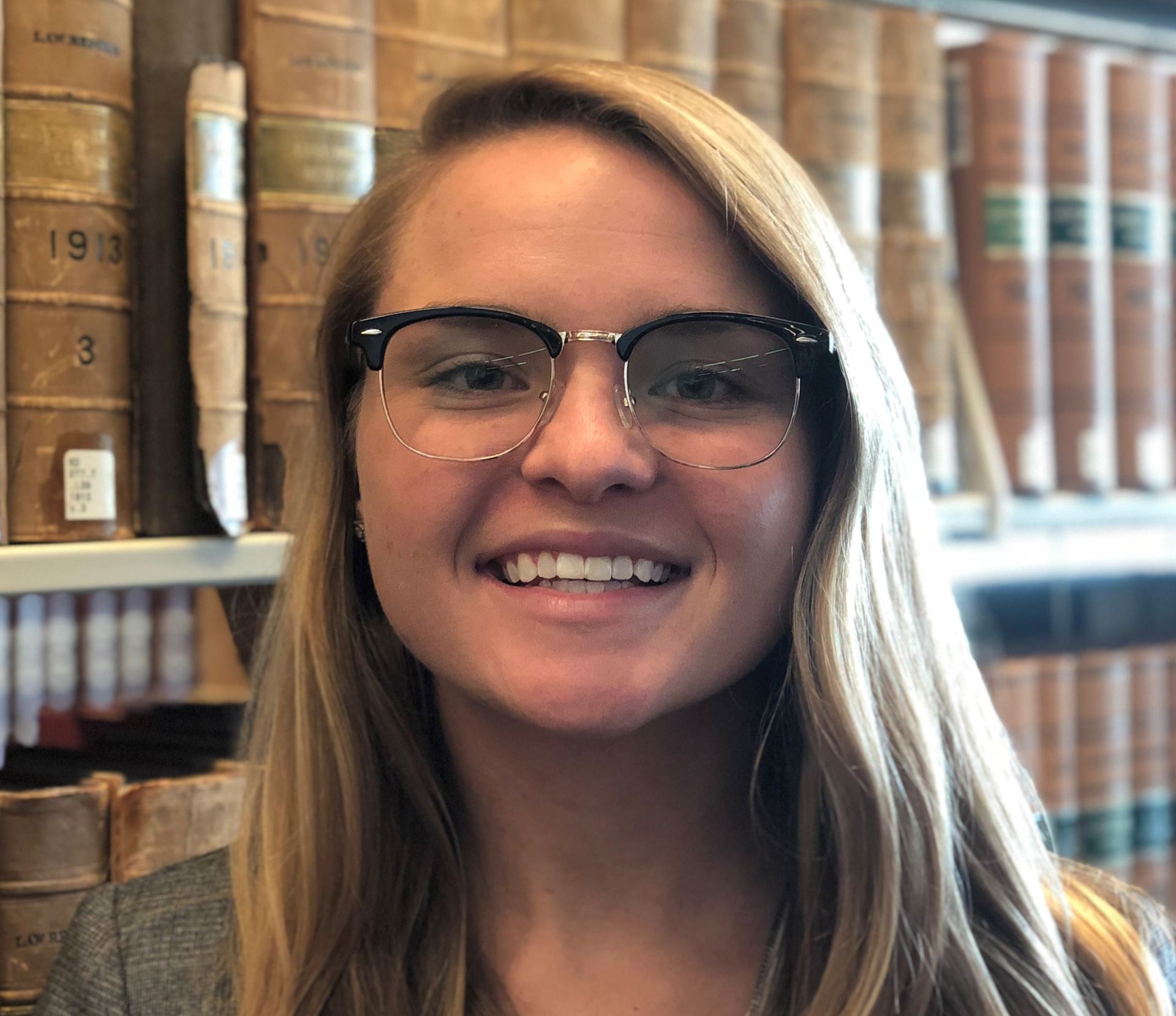 Join PERC to deliberate about climate change and build our capacity for citizenship on November 9th. What do we mean? All over the country, citizens are concerned about climate change. And young people, as the Climate Strikes show clearly, are most concerned of all. But what can we as citizens do about it? By getting together to deliberate, we can build knowledge, understanding, and the will to take action. But what actions should we take? We will spend the day exploring the question.
Join PERC to deliberate about climate change and build our capacity for citizenship on November 9th. What do we mean? All over the country, citizens are concerned about climate change. And young people, as the Climate Strikes show clearly, are most concerned of all. But what can we as citizens do about it? By getting together to deliberate, we can build knowledge, understanding, and the will to take action. But what actions should we take? We will spend the day exploring the question.
MORNING-Making Choices
Segment 1: To begin the day, we will establish a common frame of understanding grounded in the current science.
Segment 2: From there, we deliberate in small groups of 8 to 12 people for about 2 hours on three options, each for about 30 minutes.
Option A: More mitigation investments like renewable energy, green buildings, carbon sequestration, and so on.
Option B: Rapid investment in adaptation measures to sea level rise, increased precipitation, higher heat stresses, and others.
Option C: Amp up research and development to discover options that we might not yet know about and that could create a breakthrough.
While these may not seem mutually exclusive, by deliberating on the options distinctly from one another, it offers us the chance to work through our values, our strengths and weaknesses, and what tradeoffs we can or can’t accept.
Segment 3: After the options are worked through, groups will summarize where they found common ground and, if possible, determine what actions they can and should take.
Segment 4: Groups will assemble to report out and have a large group discussion.
AFTERNOON-Taking it to Your Community
After lunch, we will reconvene to learn how to organize a deliberation in your community. Tips will include how to determine who you should work with, how to cooperate with libraries and media, and how to facilitate and moderate discussions. We will be joined by Cathi Alloway, executive director of the Schlow Memorial Library and Britani Peterson, a second-year Penn State Law student with experience in group facilitation and a passion for social justice, and Peter Buckland, of Penn State’s Sustainability Institute.
Questions can be sent to Peter Buckland at pdb118@psu.edu.
PERC's Climate Choices Deliberation is based on the Kettering Foundation's Climate Choices. Climate Choices creates a structured way for organizations and communities to discuss the issue of climate change in a meaningful way. It brings ethical issues to the forefront, invites individuals to explore trade-offs between different climate solutions, creates good conditions for dialog and decision-making, and respects the democratic process. Best of all for our members, it will surface our individual and collective values, provide us with ways to engage our own campuses and communities, and give us the basic skills we need to organize and facilitate. If you so choose, you can make this deliberation part of an event in your community on April 8, 2020 as part of the national Solve Climate by 2030 project organized by Eban Goodstein and the Bard Center for Environmental Policy.
FACILITATORS:
 Cathi Alloway is Director of Schlow Centre Region Library in State College. She has facilitated meetings for numerous libraries and nonprofits discussing strategic planning and other issues, and loves to participate in engaging and meaningful discussions.
Cathi Alloway is Director of Schlow Centre Region Library in State College. She has facilitated meetings for numerous libraries and nonprofits discussing strategic planning and other issues, and loves to participate in engaging and meaningful discussions.
 Britani Peterson is a 2L at Penn State Law. She is an intern at the PSU Sustainability Institute, where she is responsible for training facilitators and organizing the Climate Change Deliberation. She believes that community engagement is the foundation of democracy and is eager to coordinate a forum for people to share their personal experiences, exchange arguments based on reason, and consider many new points of view.
Britani Peterson is a 2L at Penn State Law. She is an intern at the PSU Sustainability Institute, where she is responsible for training facilitators and organizing the Climate Change Deliberation. She believes that community engagement is the foundation of democracy and is eager to coordinate a forum for people to share their personal experiences, exchange arguments based on reason, and consider many new points of view.
AGENDA
8:30 am: Coffee and Registration
9:00 AM: Welcome and Charge for the Deliberation
9:15 AM: Breakout
9:20 AM: Review of Ground Rules
9:25 AM: What’s at stake for you?
9:40 AM: Option #1
10:10 AM: Option #2
10:40 AM: Option #3
11:10 AM: Consensus
11:30 AM: Big Group Report
NOON Lunch
1:00 PM: How do you organize a deliberation in your community?
2:00 PM: Break
2:15 PM: How do you moderate and facilitate?
3:15 PM: Wrap-up
3:30 PM: Conclusion